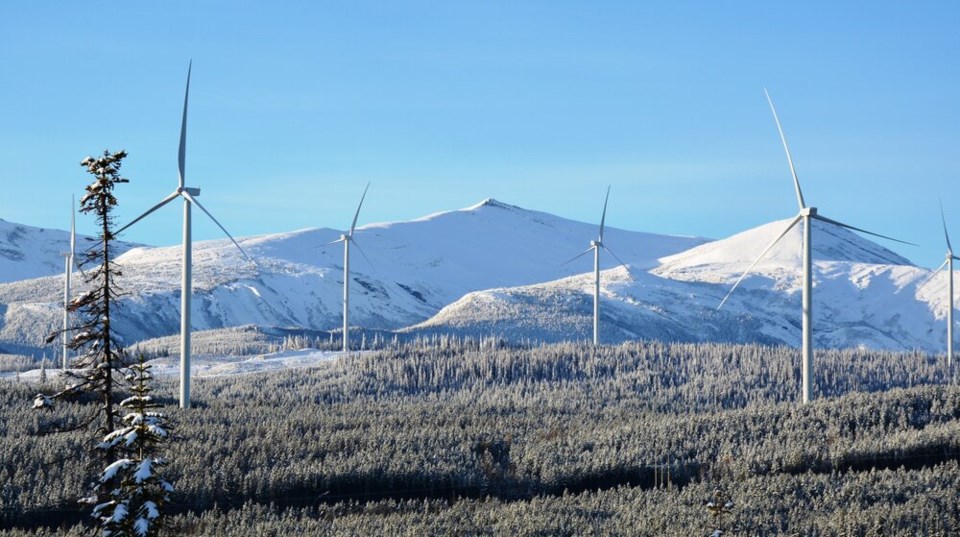The BC Utilities Commission (BCUC) has accepted BC Hydro’s updated integrated resource plan, which includes a new power call to acquire additional clean power to meet growing demand.
The BCUC, a Crown corporation watchdog responsible for overseeing BC Hydro and ICBC, today announced that it has accepted BC Hydro’s recently updated integrated resource plan (IRP) and load forecast.
In December 2021, BC Hydro had filed an IRP that some considered to be too conservative in anticipating future electricity needs.
The B.C. government’s CleanBC program will require a lot of clean electricity to decarbonize sectors of the economy, including heavy industry and transportation.
In its decision, the BCUC notes that “given the rapidly changing energy environment, BC Hydro later determined that the short-term actions in its original application would not be enough to meet the future electricity needs of its customers.”
Accordingly, it updated its IRP and load forecasts, and sought the BCUC's approval.
As per its updated IRP, BC Hydro now plans to implement energy efficiency programs, and issue a new power call to obtain another 3,000 gigawatt hours (GWh) of clean power. To put that in context, the new Site C dam will have a capacity of about 5,100 GWh.
"In accepting BC Hydro’s IRP, the BCUC is indicating that it finds as reasonable both BC Hydro’s long-term demand forecast and its plans to meet that demand," the BCUC says in background documents to the decision. "Moreover, it finds that the plan aligns with government priorities and is in the interests of BC Hydro’s customers."
Accepting BC Hydro’s updated IRP effectively gives BC Hydro the green light to put out a call for proposals for new energy projects, including new wind energy.
“In accepting BC Hydro’s Updated 2021 IRP, the BCUC agreed there is a need for BC Hydro to acquire approximately 3,000 gigawatt hours (GWh) of clean or renewable electricity from new facilities starting as early as 2029, and approximately 700 GWh of additional electricity from existing generation facilities prior to 2029," the BCUC said.
"This represents an addition of more than five per cent to BC Hydro’s existing energy generation resources.”
Site C will account for another five per cent, which means by 2032, BC Hydro's electrical generating capacity will be 10 per cent higher than it is today, BCUC Chairman Mark Jaccard told BIV News.
Jaccard, who took a leave of absence as professor of sustainable energy in the School of Resource and Environmental Management at Simon Fraser University (SFU) to serve as commissioner for the BCUC, addressed concerns raised recently about the impact of drought on B.C. hydro-electric dams.
BC Hydro typically is a net exporter of power, but last year was a net importer, due to drought and low reservoir levels -- a situation that is expected to continue this year again. Jaccard offered some assurances that periodic droughts do not pose a major energy security threat.
"I've been hearing so much in the media about the low water condition, and then somehow this is going to be a reliability problem, and we should be building really fast," Jaccard said.
"What I try to point out to people is that you build your system for average water or slightly lower than average, or low water, and when you're in a hydro system, you know that in some years you're going to import and some years you're going to export.
"That's the beauty of our hydro power system, is that we can buy and sell in the market, and the marketplace in Western North America is increasingly renewables. It's wind and solar, which drives the prices down, and we can take advantage of that."
(This story was updated to reflect Mark Jaccard's proper title as chairman of the BCUC.)




